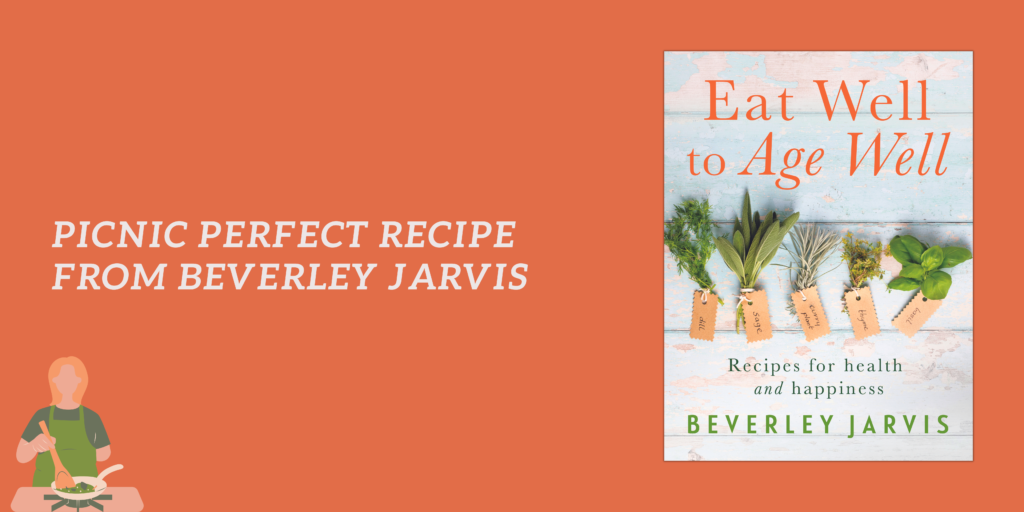eat well to age well: A Guide to Healthy Aging
In a world where the pursuit of longevity and well-being is paramount, the phrase “Eat Well to Age Well” has become a mantra for those seeking to optimize their health as they grow older. This principle underscores the importance of nutrition in maintaining physical and mental well-being throughout the aging process. By making conscious choices about what we put into our bodies, we can positively influence our health outcomes and enhance our quality of life as we age.
Benefits of Eating Well
Consuming a balanced diet rich in nutrients is crucial for healthy aging. Here are some key benefits of eating well to age well:
- Improved immune function
- Reduced risk of chronic diseases
- Enhanced cognitive function
- Increased energy levels
- Healthy weight maintenance
Frequently Asked Questions
1. What is the significance of nutrition in healthy aging?
Nutrition plays a vital role in healthy aging as it provides the essential building blocks for cellular repair, immune function, and overall well-being. A well-balanced diet can help prevent age-related diseases and promote longevity.
2. How can I improve my diet to support healthy aging?
To enhance your diet for healthy aging, focus on incorporating a variety of fruits, vegetables, whole grains, lean proteins, and healthy fats into your meals. Limiting processed foods and sugary beverages is also key.
3. Is there a specific eating plan recommended for healthy aging?
While there is no one-size-fits-all eating plan for healthy aging, following a Mediterranean-style diet rich in plant-based foods, fish, and olive oil has been associated with numerous health benefits, including improved heart health and cognitive function.
4. How does hydration factor into healthy aging?
Staying hydrated is essential for healthy aging as water plays a crucial role in maintaining bodily functions, regulating temperature, and flushing out toxins. Aim to drink an adequate amount of water throughout the day to support your overall health.
5. Are supplements necessary for healthy aging?
While supplements can be beneficial for addressing specific nutrient deficiencies, it’s best to focus on obtaining essential nutrients through a balanced diet first. Consult with a healthcare provider before incorporating supplements into your daily routine.
Conclusion
In conclusion, adopting a mindful approach to nutrition is key to aging well and maintaining optimal health as we grow older. By prioritizing whole, nutrient-dense foods and staying hydrated, we can support our bodies in the aging process and enjoy a higher quality of life. Remember, the choices we make today impact our health and well-being in the years to come.


